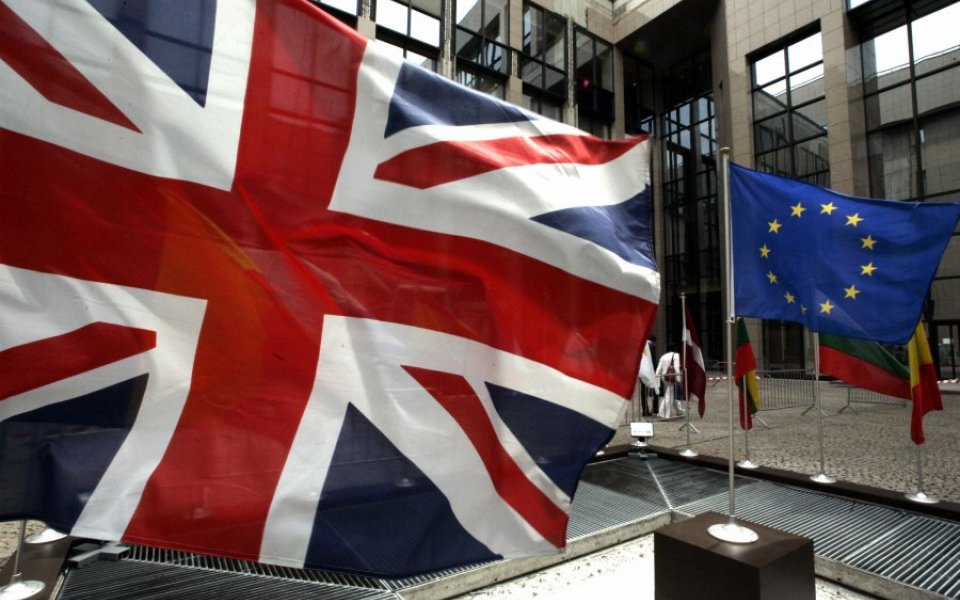EU referendum: Scotiabank warns UK GDP growth could slow by up to 5 per cent after Brexit

Another big bank has warned that leaving the European Union could lead to a major slowdown in British growth.
Scotiabank joined the fray today by cautioning that UK GDP growth could slow by between 2 and 5 per cent in the one to two years after a so-called Brexit.
But in a note to clients this afternoon, Alan Clarke, the bank's head of European fixed income strategy, said he would "assume the impact would be at the lower end of the scale".
Clarke said most of the slower growth would likely be attributable to weaker consumer spending growth, while in the first few weeks after the referendum, the "most noticeable impact is likely to be on consumer confidence and the PMI surveys".
Prime Minister David Cameron announced over the weekend that the referendum on Britain's EU membership will be held on 23 June.
READ MORE: Boris boost? Citi says Brexit now 10pct more likely
Clarke also said the GBP exchange rate is the "most likely candidate for a market reaction in response to a vote to leave the EU", noting that while the sterling-dollar ratio is already close to the 2008/09 low-point, a "fall in GBP/USD to 1.30 seems reasonable".
Sterling plummeted to a seven-year low against he dollar yesterday amid market fears that London mayor Boris Johnson's endorsement of the UK leaving the EU made Brexit more likely.
READ MORE: Pound plunges to seven-year low against the dollar
Yet it wasn't all gloom and doom for Clarke, who said today that Brexit "could eventually be positive for the UK economy", arguing that the reduced regulatory burden, the ending (or at least a big reduction in) the UK’s annual £8.6bn net contribution to the EU budget and so on could end up providing a boost to growth over the medium to longer run".
Clarke added, however, that because it would take at least two years to set out the terms of a British exit, the "potential benefits will not materialise immediately".
"Meanwhile, there is a danger that an adverse market reaction or a loss of business and consumer sentiment leads to a setback for growth in the immediate aftermath of the referendum, while preparations are made for an eventual exit," Clarke added.